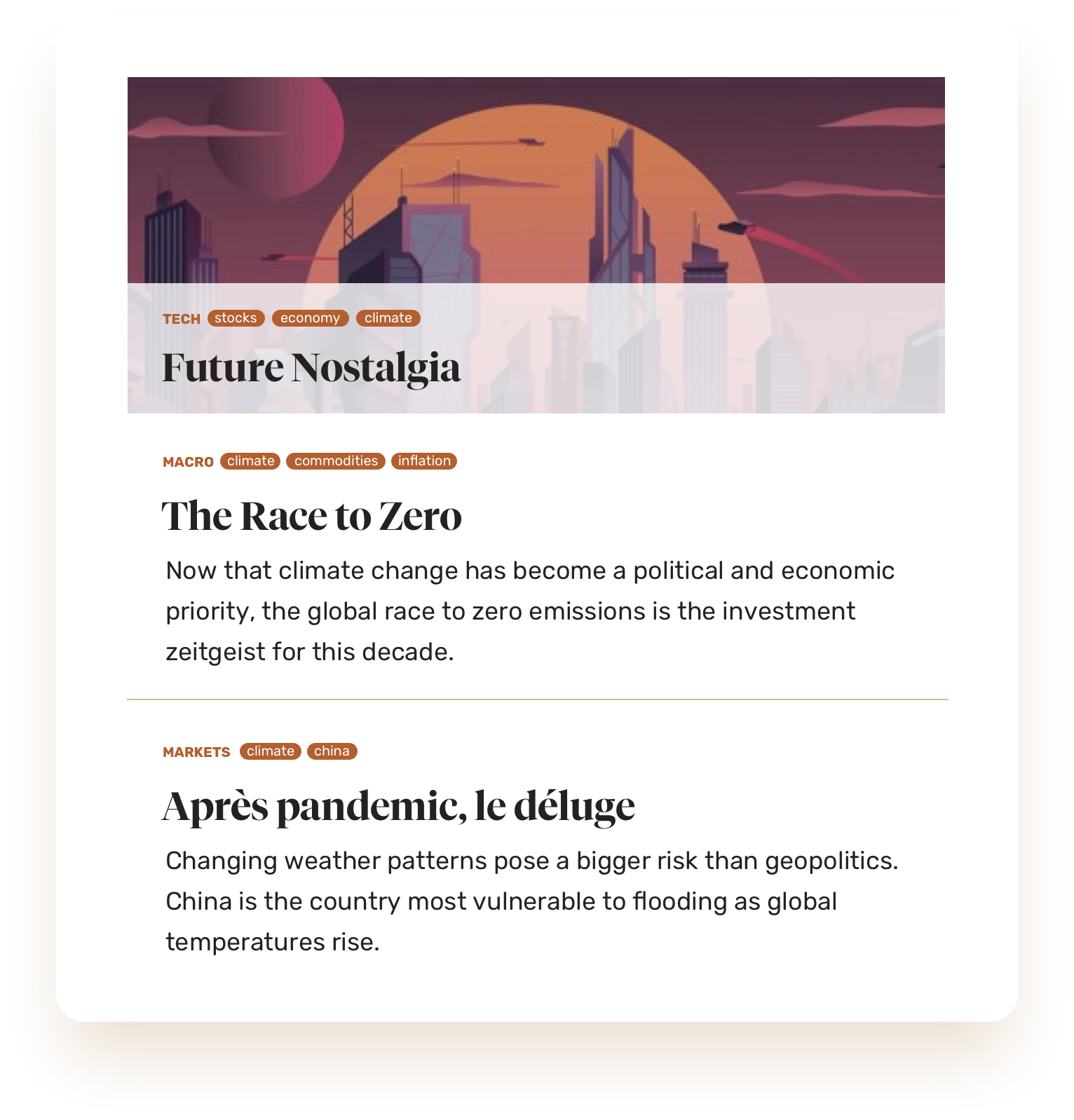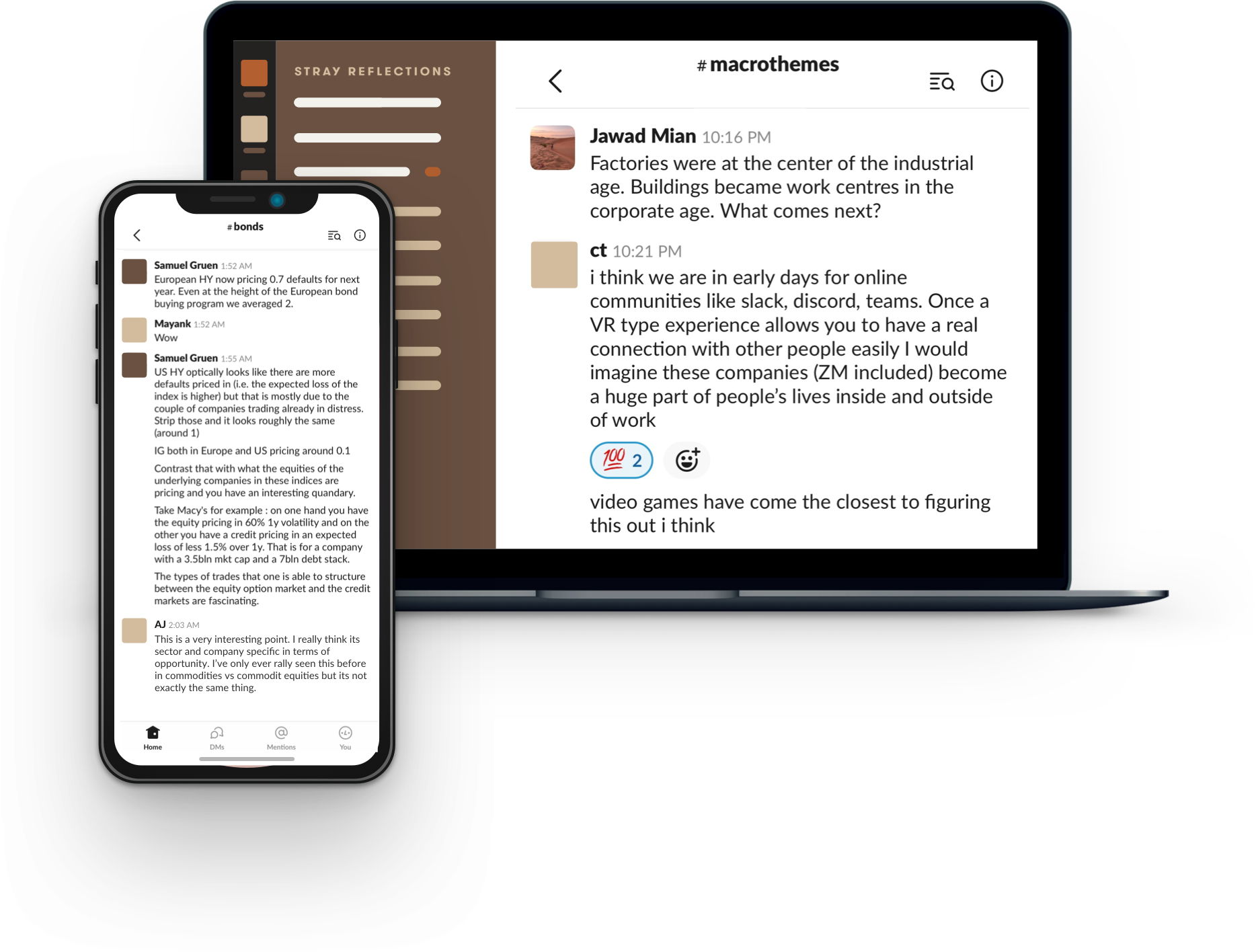If you believe you have a good understanding of China, think again.
Alice Wang (Quaero Capital) joins us for the most insightful, thought-provoking, and heartfelt discussion on China you’ll ever come across.
We spoke for nearly two-hours and you’ll want to watch it more than once. Here’s what you’ll learn:
1. Why did China dispel Confucianism and adopt communism? What fascinated Chinese leaders about Marxist beliefs? What lessons can Confucius teach contemporary China?
2. China has historically been plagued by internal revolts and rebellions. What can we learn from the tales of imperial China? Confucius’s ideal government was topped by a “sage-king”. Is Xi resurrecting the idea?
3. A decade ago Xi’s rise was so abrupt in the eyes of the general public that people joked, “Who is Xi Jinping? He’s Peng Liyuan’s husband.” What do we know about Xi?
4. Chinese communists believe that the greatest threat to the security of their party, the stability of their country, and China’s return to the center of human civilization, is ideological. What is that ideological threat?
5. Much of the Chinese period from the 1840s to the 1940s is remembered as a “century of humiliation,” a shameful era that showed China’s weakness in the face of European and Japanese aggression. How is China still haunted by this?
6. Since the 1970s, China has not once gone to war; the US has not spent a day at peace. Why is it relevant in understanding the escalating tensions between the US and China?
7. Political theorist Wang Huning in 1991 diagnosed America’s problem as “a radical, nihilistic individualism at the heart of modern American liberalism.” How would he diagnose China’s present-day problems?
8. The American gilded age brought about the progressive era, in which social instability was quelled with redistributive policies, a huge expansion of civil society, and greater protections for individual liberty. How is China’s gilded age different? Do dark times lie in wait?
9. Phrases like “involution” and “lying flat” have become shorthand for a sense that what is required to live an adequate life has become unattainable or unsustainable. What’s going on? What is a 25-year old Chinese thinking?
10. Mao Zedong reintegrated Tibet. Deng Xiaoping presided over the Hong Kong handover. Will Xi take Taiwan?
And a whole lot more. Enjoy.







